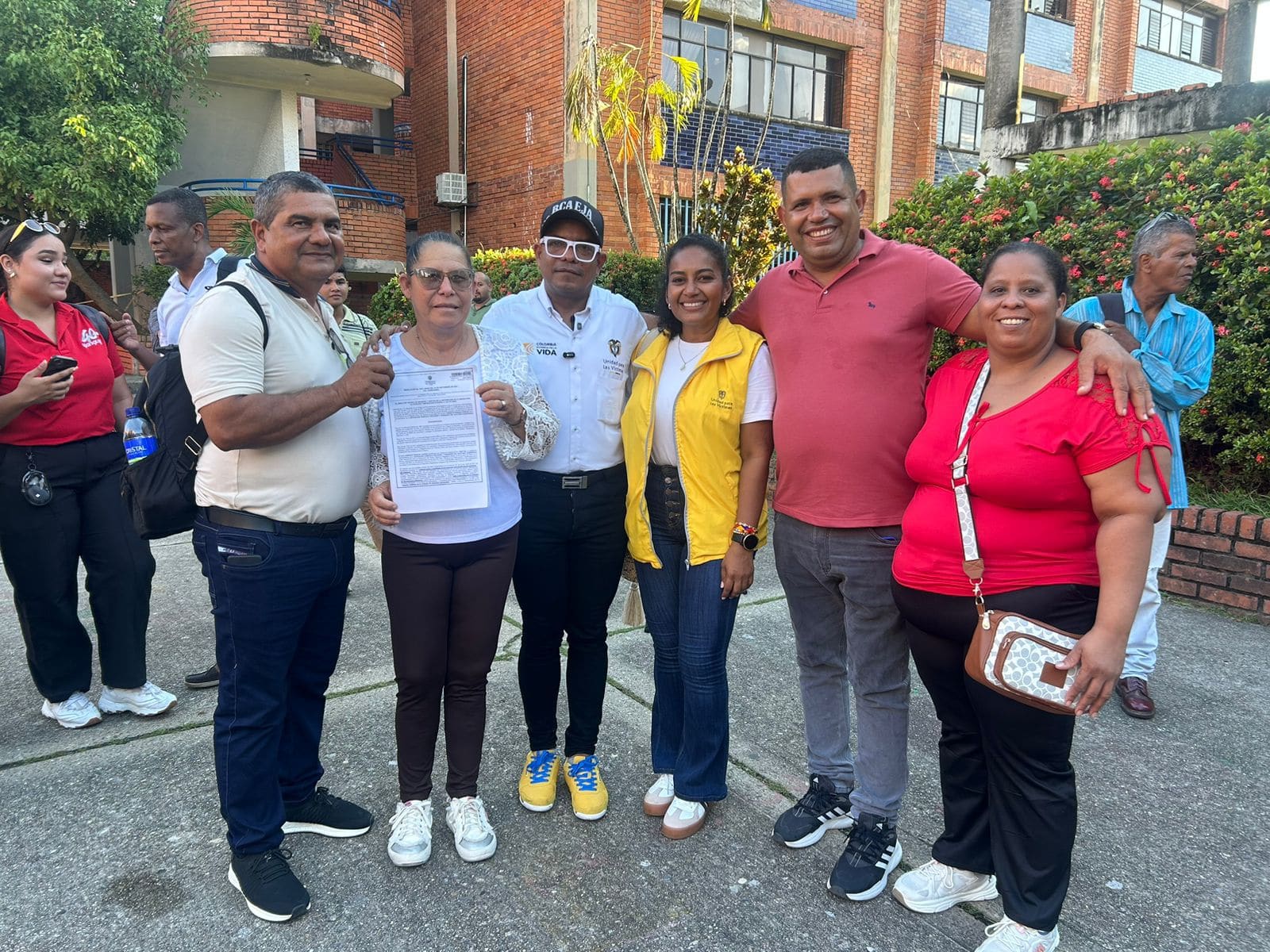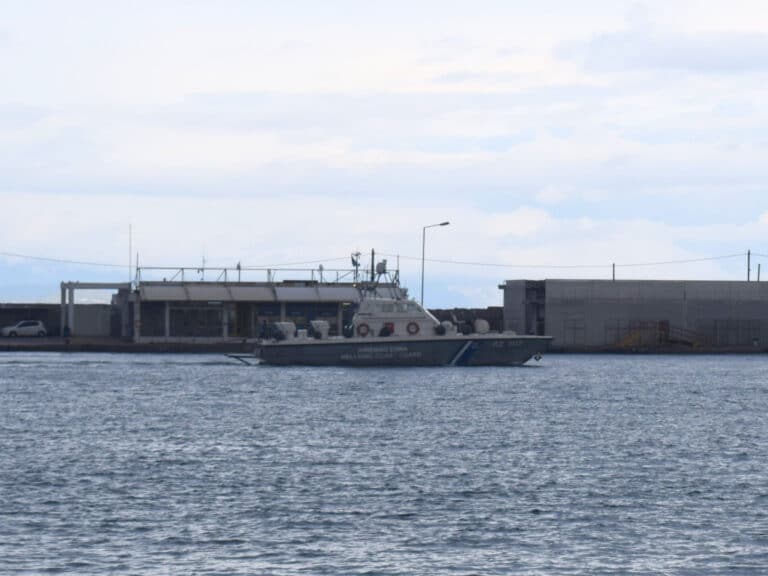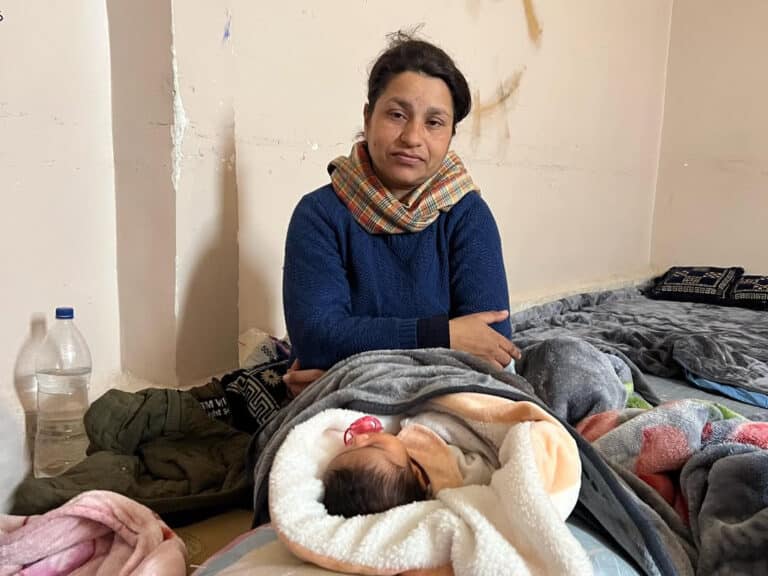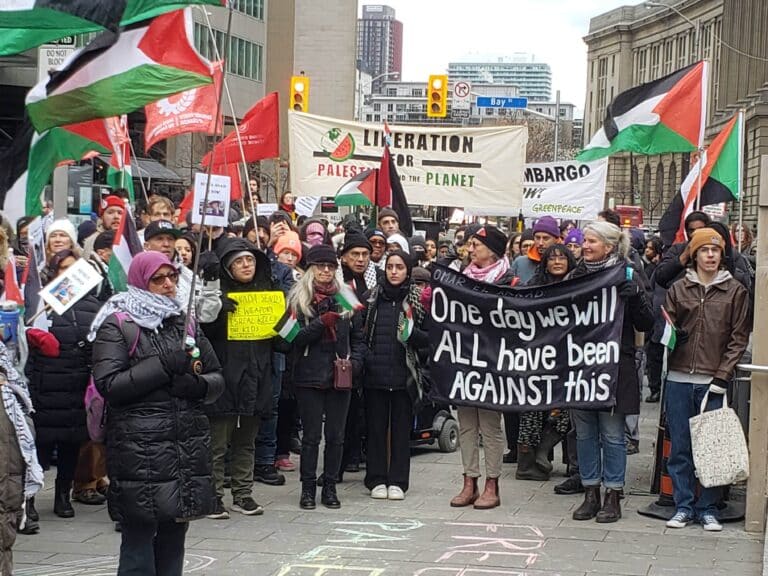“Get out of here! Get out of here! Get out of here!”, shouted Chela on 13 December 2017, as she watched the police destroy her family’s crops with a tractor and demolish their house. Eight years have passed and although they rebuilt the house and started farming the land, Chela has not been able to return. She carries that pain in her heart as if she were living it today – her farm, that place for which she would be willing to give her life, is also where her greatest fear lies.
For 13 years we’ve been accompanying the Guayabo community, and we’ve had the privilege of witnessing their resilience. It’s a blessing to walk alongside them as they defend their territory, listening to their stories as we walk through the wetlands, laugh with them as they work on their farms, cry beside them during evictions; to be with them when they received the call informing them that they had been recognized as victims of the conflict and were eligible to receive reparations as a collective, to shed tears of joy as they understood what this means, and to shout with emotion as they saw the fruits of 13 years of walking together.
The Guayabo community has been recognized as a subject of collective reparations. With this recognition, they enter a phase to determine what actions should be implemented to repair the damages they suffered due to, and in response to, the armed conflict.
Law 1448 of 2011 and Decrees 4633, 4634 and 4635 of 2011 created a set of individual and collective administrative measures that protect victims of human rights violations and breaches of international humanitarian law that occurred during the internal armed conflict. These guarantees are in place so that victims will have access to truth, justice, reparations and guarantees of non-repetition, recognizing their status as victims and dignifying them through the realization of their constitutional rights.
One of the fundamental contributions of the Victims’ Law is the recognition of the collective harm suffered and its corresponding reparation. This is intended to contribute to political, material, and symbolic reparation through measures of restitution, compensation, rehabilitation, satisfaction, and guarantees of non-repetition.
In theory, recognition is a mere enunciative exercise. In other words, it affirms the stories of community resistance and the violence that befell them for demanding minimum guarantees for a dignified life in their territories; in practice, it is an exercise in memory, where communities turn all the wounds, which have permeated their lives and bodies, into narratives.
We hope that with this recognition, the community will be able to heal the wounds that remain in the territory – a true reflection of the fear and pain that accompany them – as they continue to navigate the long path of defending human rights.




